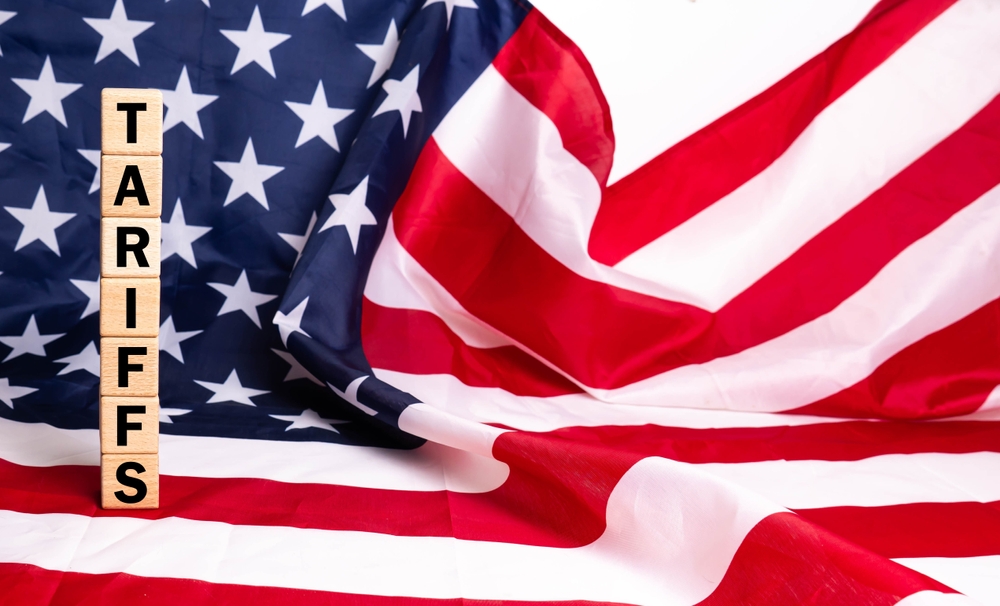US Trade War Escalates, Harming AI Development
The ongoing US-China trade war, exacerbated by President Donald Trump’s tariffs, continues to escalate, disrupting critical supply chains essential to the growth of artificial intelligence (AI). China’s suspension of exports of vital minerals and the US’s looming new tariffs on semiconductor chips further complicate America’s ambitious AI plans.
Impact on AI Development and Innovation
The US government’s US$500 billion Stargate project, aimed at accelerating AI development, is now facing significant headwinds. The escalating tariffs, which now total 145% on Chinese goods, will inflate the costs of essential components used in AI development. Components such as GPUs, predominantly manufactured in Taiwan, South Korea, and China, are crucial to AI operations, and tariffs on these goods could increase data center material costs by 20% and IT hardware prices by 25%.
Costs Affecting Tech Startups
The increased costs will create higher barriers for US tech startups to enter the AI space and test new capabilities. OpenAI, the company behind ChatGPT, has voiced concerns about how tariffs will impact the costs of running AI models. This growing cost burden could slow down AI innovation, potentially affecting the competitive advantage of US companies in global AI development.
The CHIPS and Science Act Challenges
While tariffs might encourage reshoring of semiconductor production through initiatives like the CHIPS and Science Act, these efforts are unlikely to yield significant results in the short term. Additionally, Trump has taken steps to abandon the CHIPS initiative, further complicating efforts to strengthen domestic semiconductor production.
Risk of AI Nationalism and Isolation
The tariff-induced costs could lead to aggressive AI nationalism, where countries prioritize domestic AI development to protect national interests. This could fracture international cooperation in AI research, undermining the open-source culture that once propelled AI innovation globally.
Consequences for Australia’s AI Efforts
While Australia is not directly targeted by US tariffs, the impact on technology prices could hinder its own AI development. Australia relies heavily on imported hardware like semiconductors and GPUs, and increased tariffs on these components will raise costs for Australian tech firms and research institutions. This could slow down Australia’s ability to develop AI technologies and collaborate on international research projects.
Mitigating Risks and Moving Forward
To protect its position in the AI race, Australia must invest in its own AI infrastructure and diversify its technology partnerships. The growing trade tensions could lock Australia out of vital international AI collaborations, making it crucial for the country to bolster its domestic AI capabilities and foster a broader global network for innovation.





















